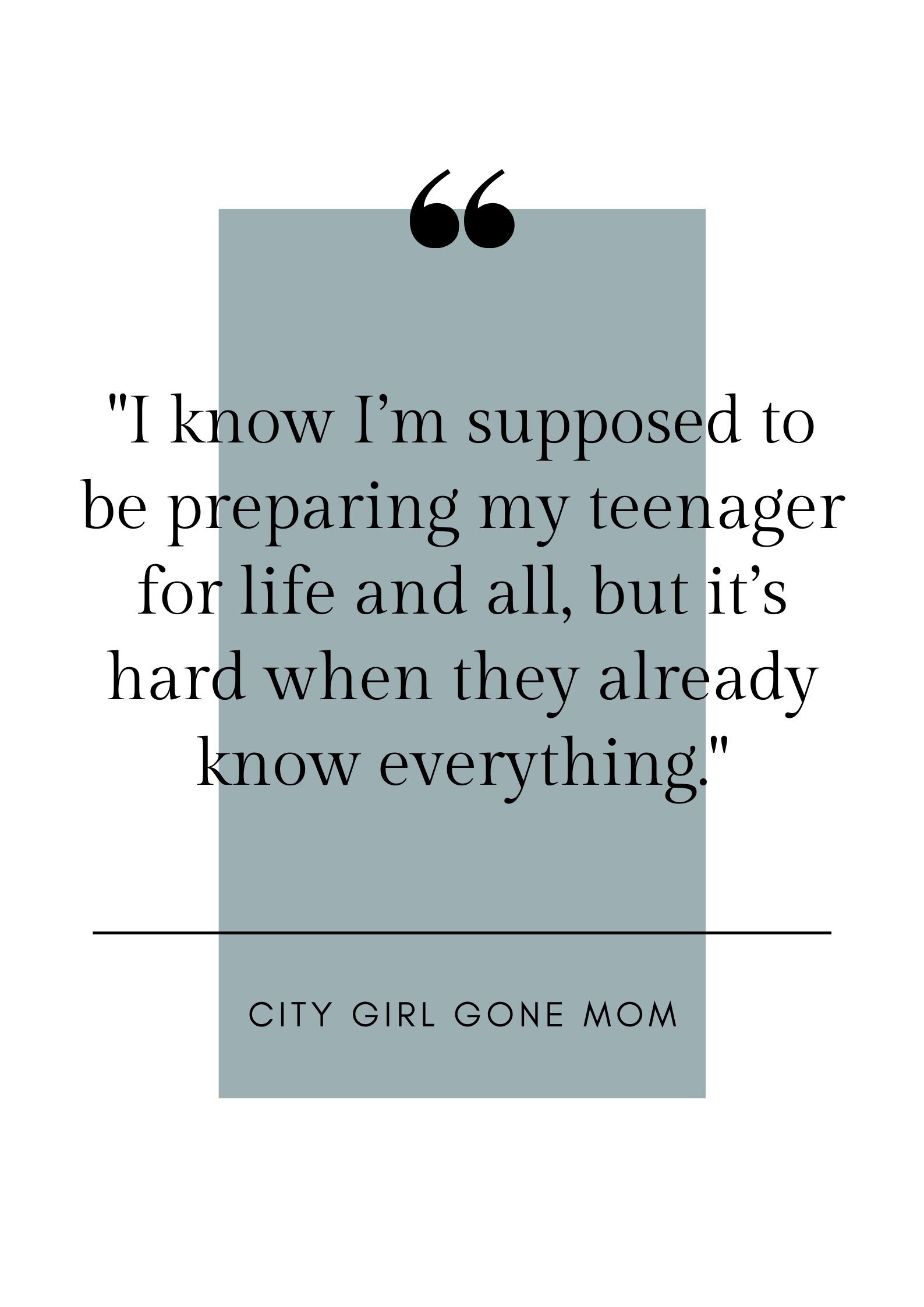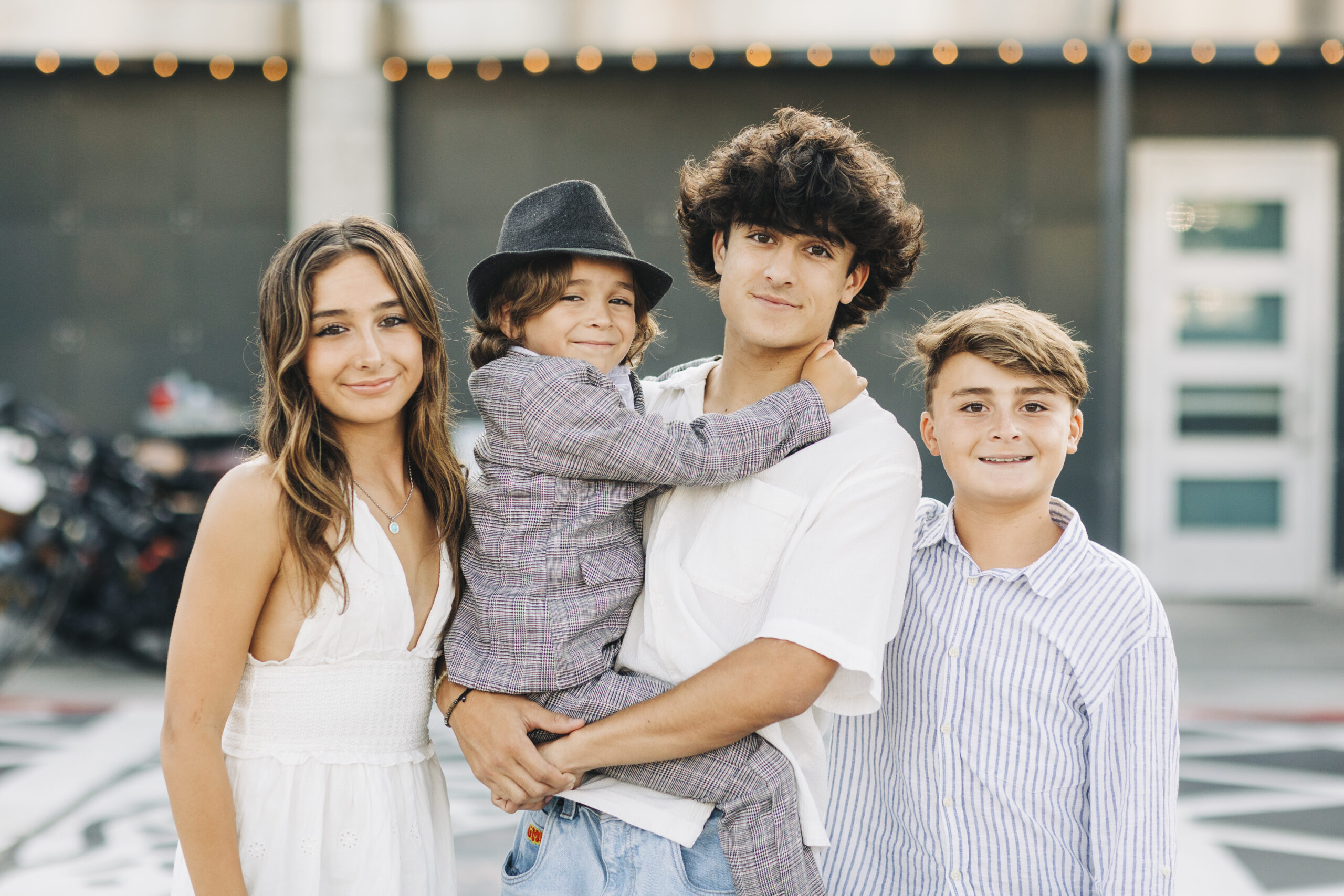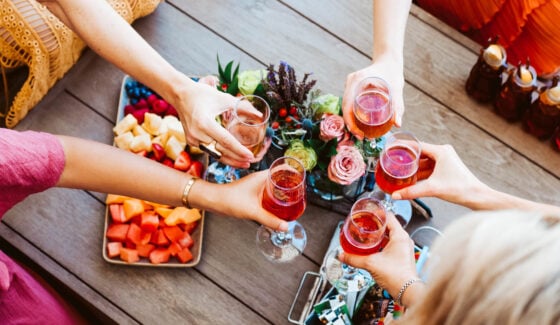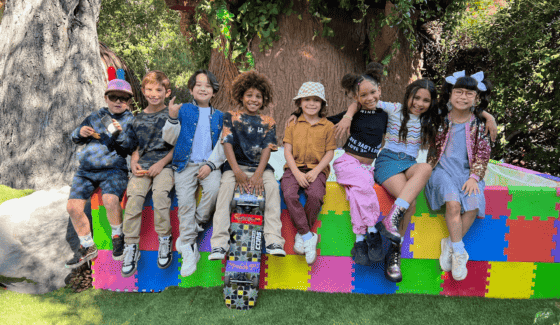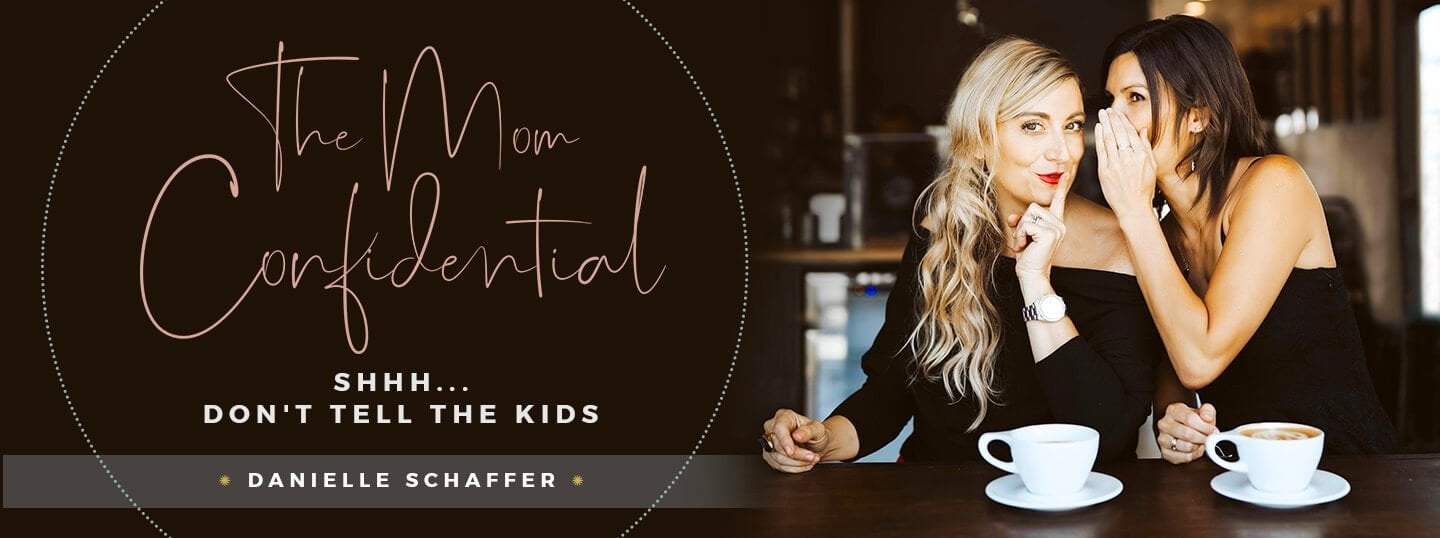With all four of my kids in school and my two oldest in high school, it’s important to me that I take this time to bond with my kids. To play with them. To spend time with them. This also means taking the time to talk to them, or at least open up a discussion with my eldest kids, about making responsible choices with alcohol.
To make it a little easier, I continue to partner with Responsibility.org, a national, not-for-profit working to inspire a lifetime of responsible alcohol choices. If you want to start talking with your kids, here are five tips to help you have that conversation. And remember—it’s not a one-time conversation, we will keep having these discussions as we grow together as a family!
Since 2003, conversations between parents and kids have increased by 73 percent. During that same period, underage drinking has decreased by 50 percent.
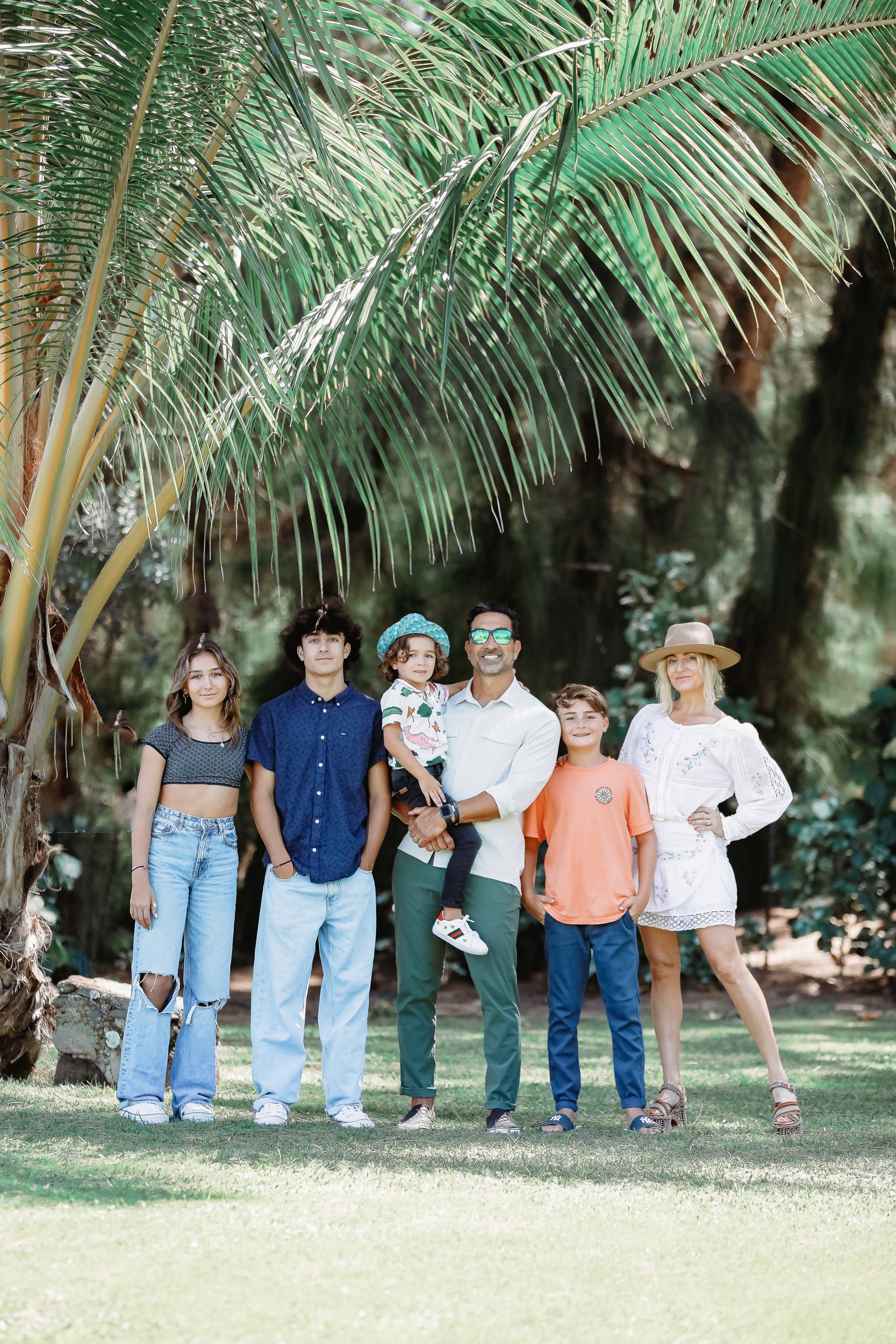
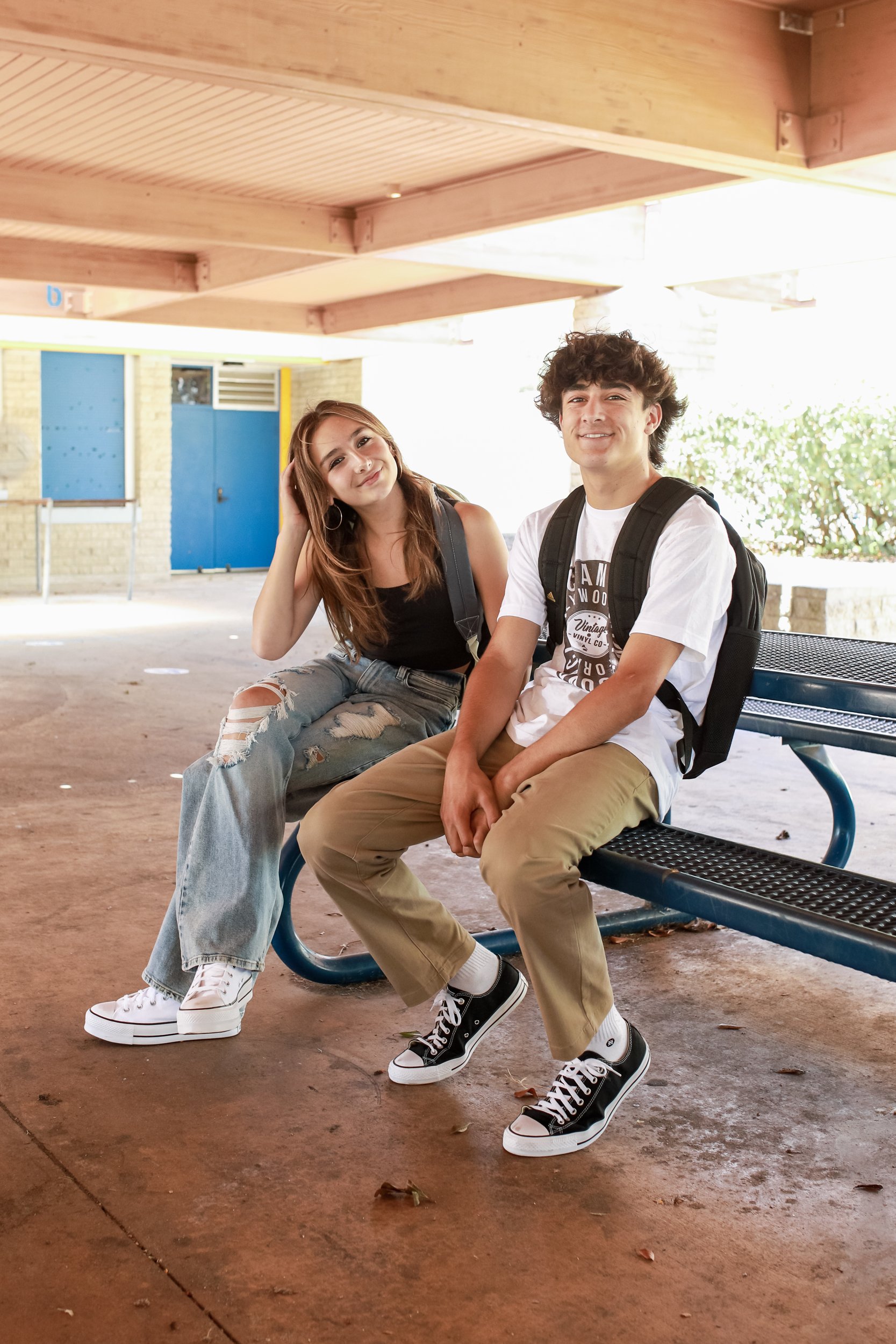
Understand Your Family Background
Unfortunately, addiction runs in my family, and I want my kids to understand that it’s something that can happen to anyone. To any family. For my family, alcohol addiction has been an ongoing struggle. As a child, I grew up on welfare. My mother was a single mom who battled many addictions. When she was well, she was wonderful, and when she relapsed, it was ugly.
During that time, I was exposed to things no child should ever experience. I was shuffled around from my grandmother’s house to my cousin’s house and was blessed beyond belief to have a grandmother who provided the survival skills and the love a young lost girl needed. I don’t want something like that to ever happen to my children, or my future grandchildren, which is why our conversations are so important and may be different from the talks other families may have.
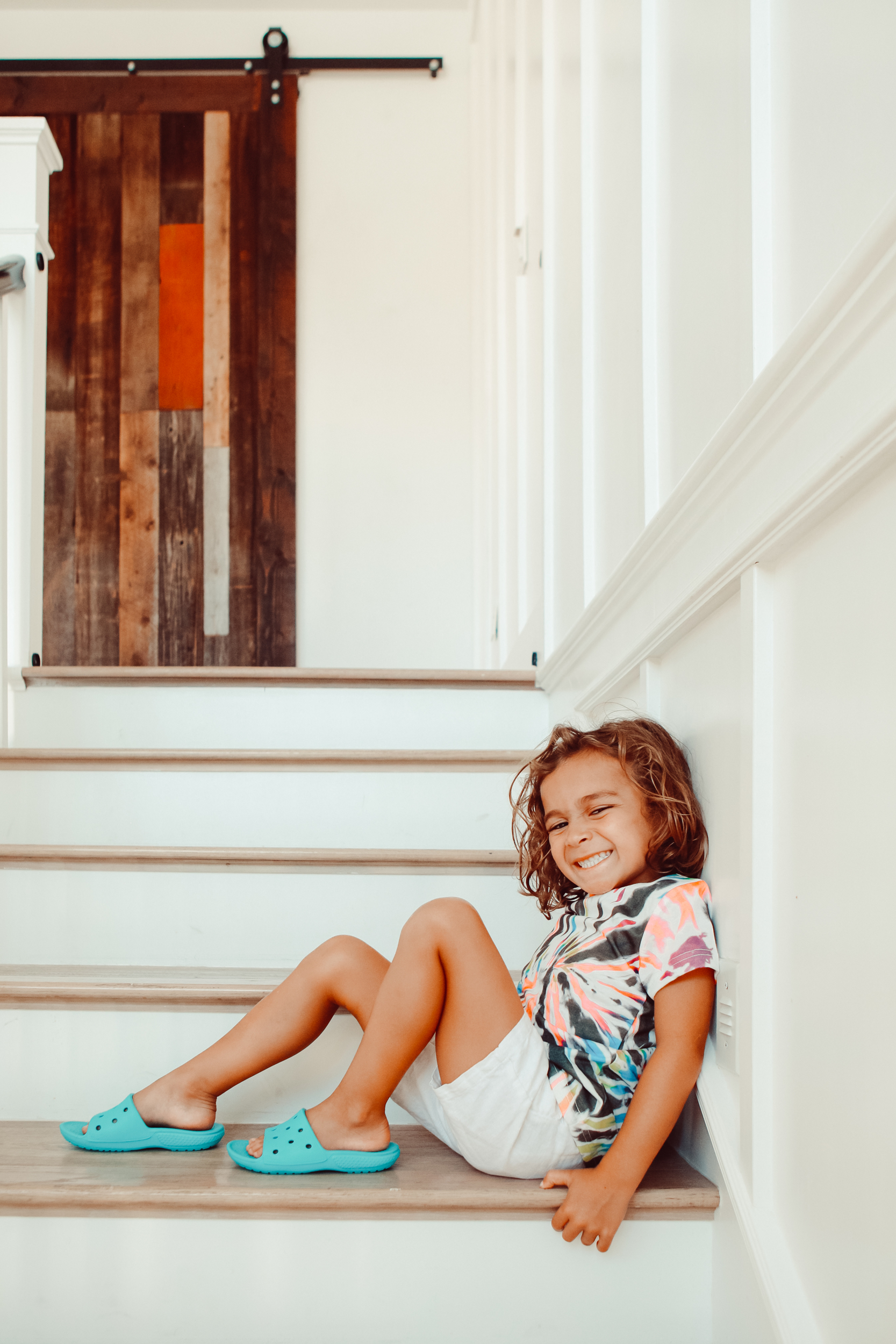
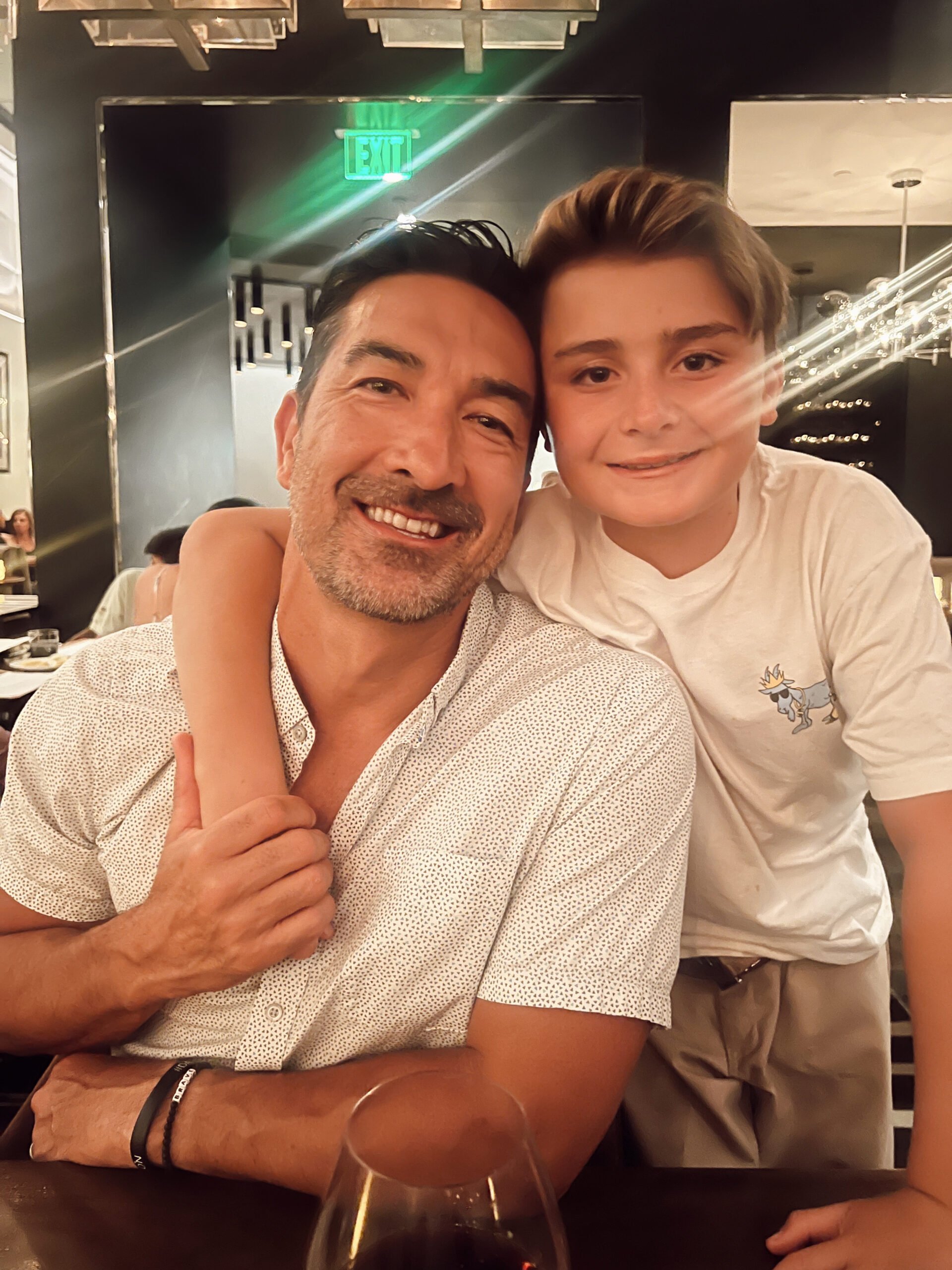
Get Ready to Have the Talk
Talking to my kids now about alcohol might seem premature (especially for my younger kids), but having that discussion now, even in elementary school, can help them make smarter, better decisions as they grow up. Starting these conversations early in childhood helps build a strong foundation and trust so that as they get older, they will continue to come to you with their questions. Of course, the conversation I have with one kid will not be the same as with another.
Responsibility.org’s TalkEarly initiative was created with a simple goal in mind: Empower parents to be confident about their own decisions regarding alcohol, model healthy, balanced behaviors, and create a foundation for starting conversations with their kids from an early age, like six to nine years old.

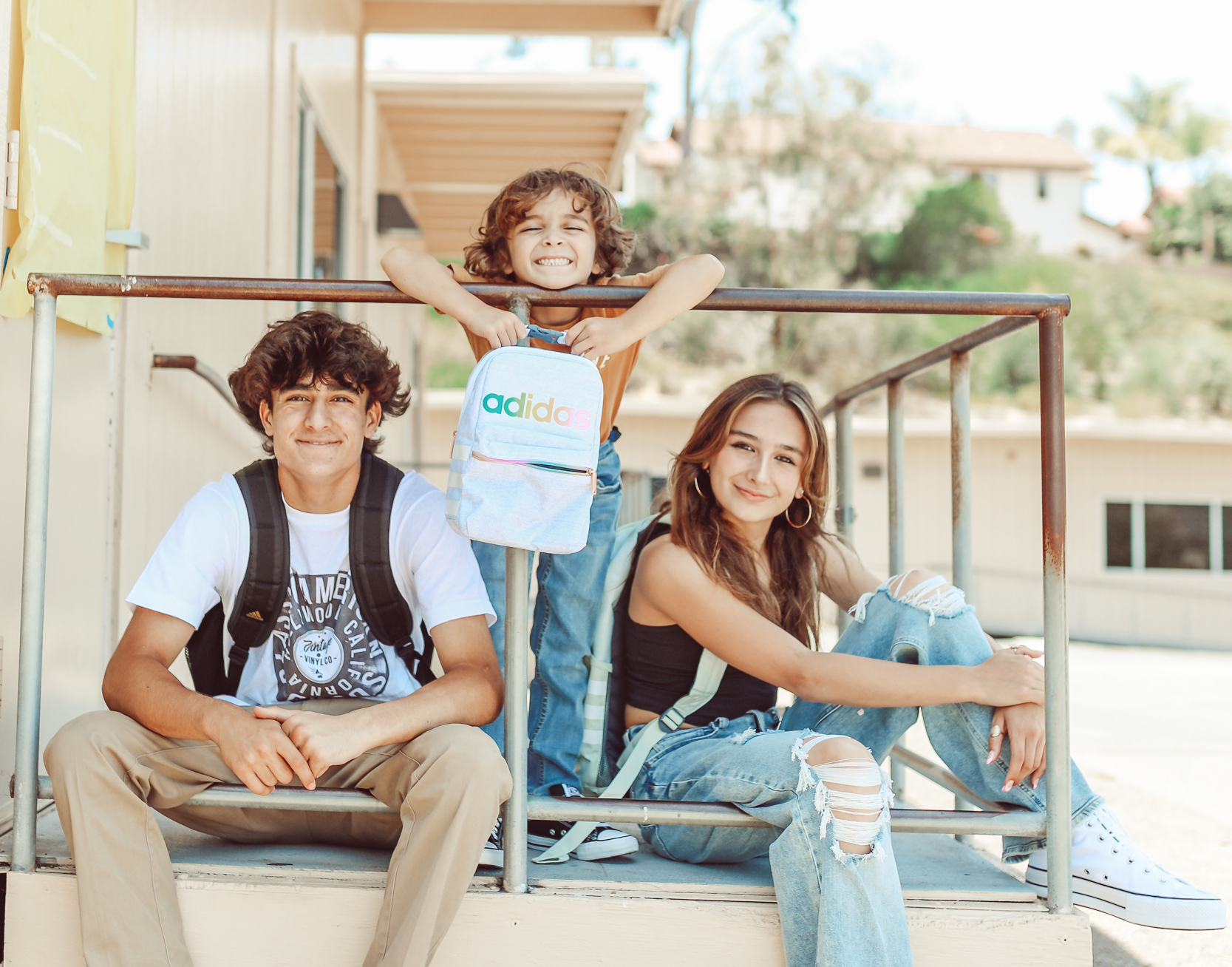
Focus on Friendships
The last two years were hard for many kids. Some of them have reconnected with their friends while others may have a harder time adjusting and making new friends. Acknowledge their healthy friendships and try to be honest about those that you’re concerned about. Peer groups and healthy friendships can impact the choices and decisions they make as they get older.
To help them keep a positive mindset, help your kids find ways to make meaningful connections and encourage them to consider what they love about their friends.
Check out all my parenting ideas on the City Girl Gone Mom Pinterest board!
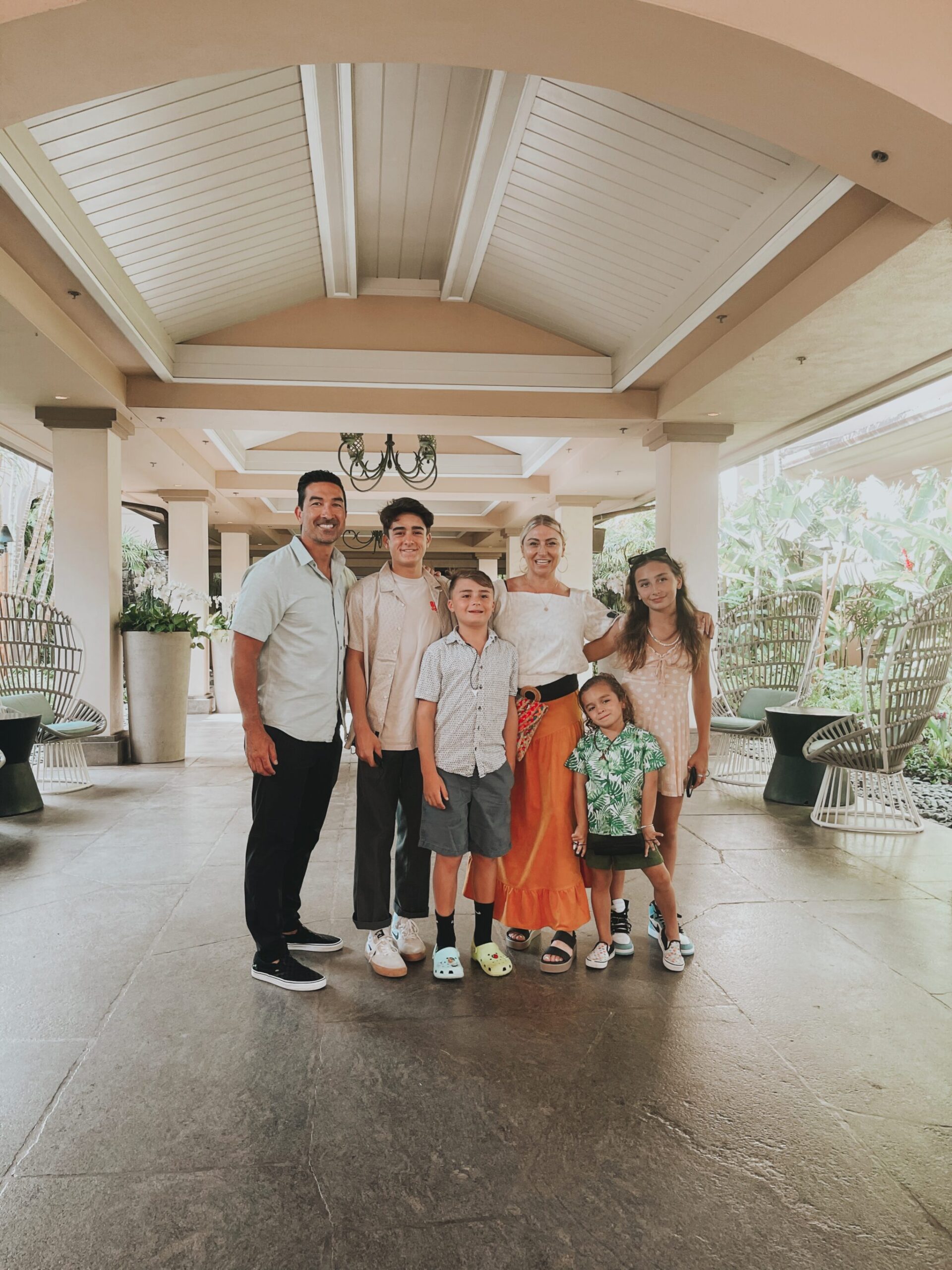
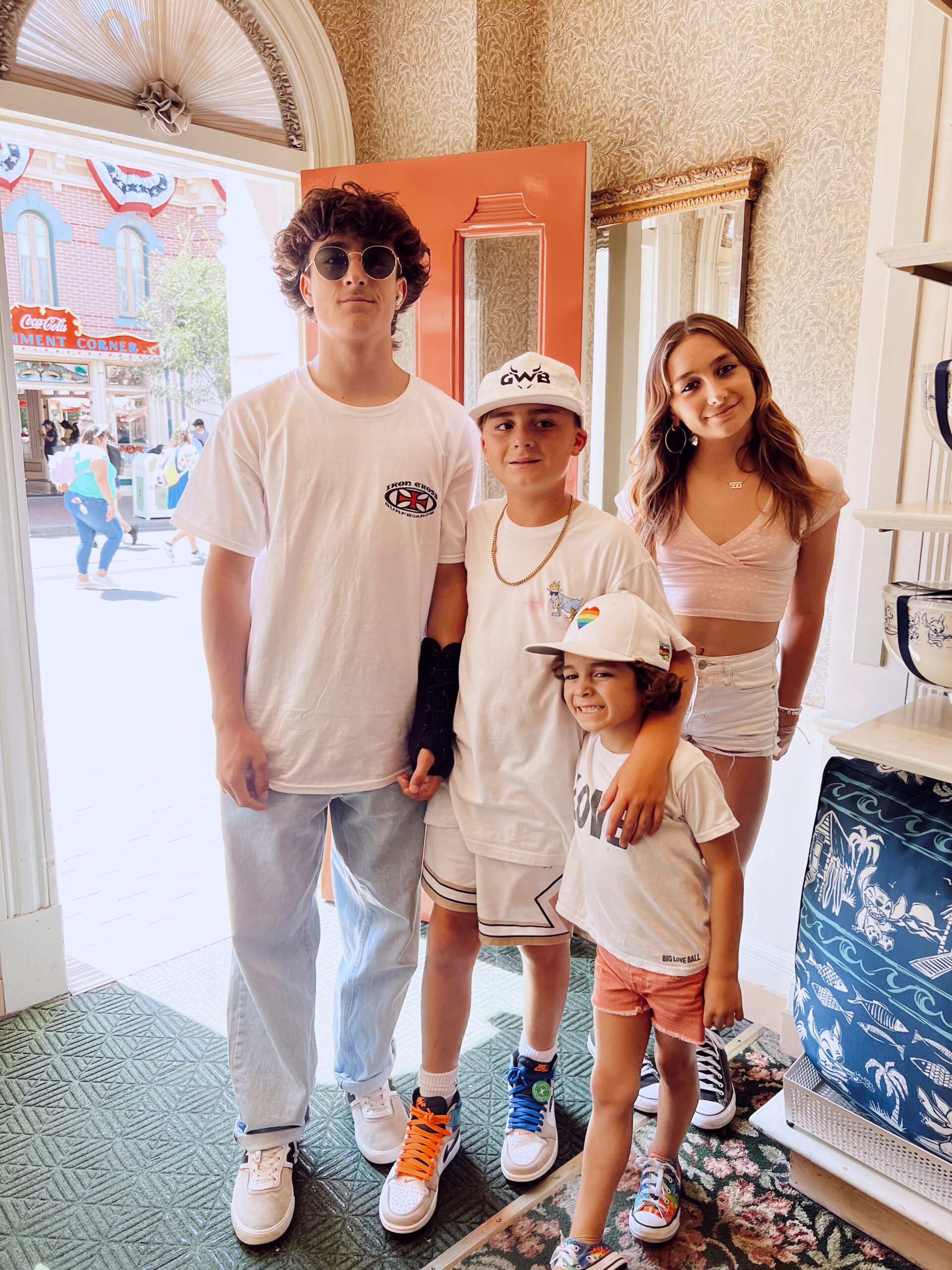
Remember to Listen
Talking to your kids about underage drinking may seem like a hard, uncomfortable thing to do at first, but you will find out really quickly that it’s easier than you may think. As you’re talking, though, remember to stop and listen. Let them share their thoughts and feelings with you. Ask open-ended questions that will lead to a conversation. It needs to be an honest talk between you and your kids rather than a lecture. You’ll probably find that your kids know more than you thought they did!
Know that this talk will not be a one-time chat. As they grow older and encounter different influences, experiences and issues, you’ll want to make sure to keep the conversation going. Leave the door open so they know they can come to you anytime to discuss their feelings, thoughts and concerns, and answer their questions. Make sure you’re always ready to listen to them.
Over the last 10 years, 62 percent more kids reported talking with their parents about underage drinking. They also talk with educators, counselors, and other practitioners.
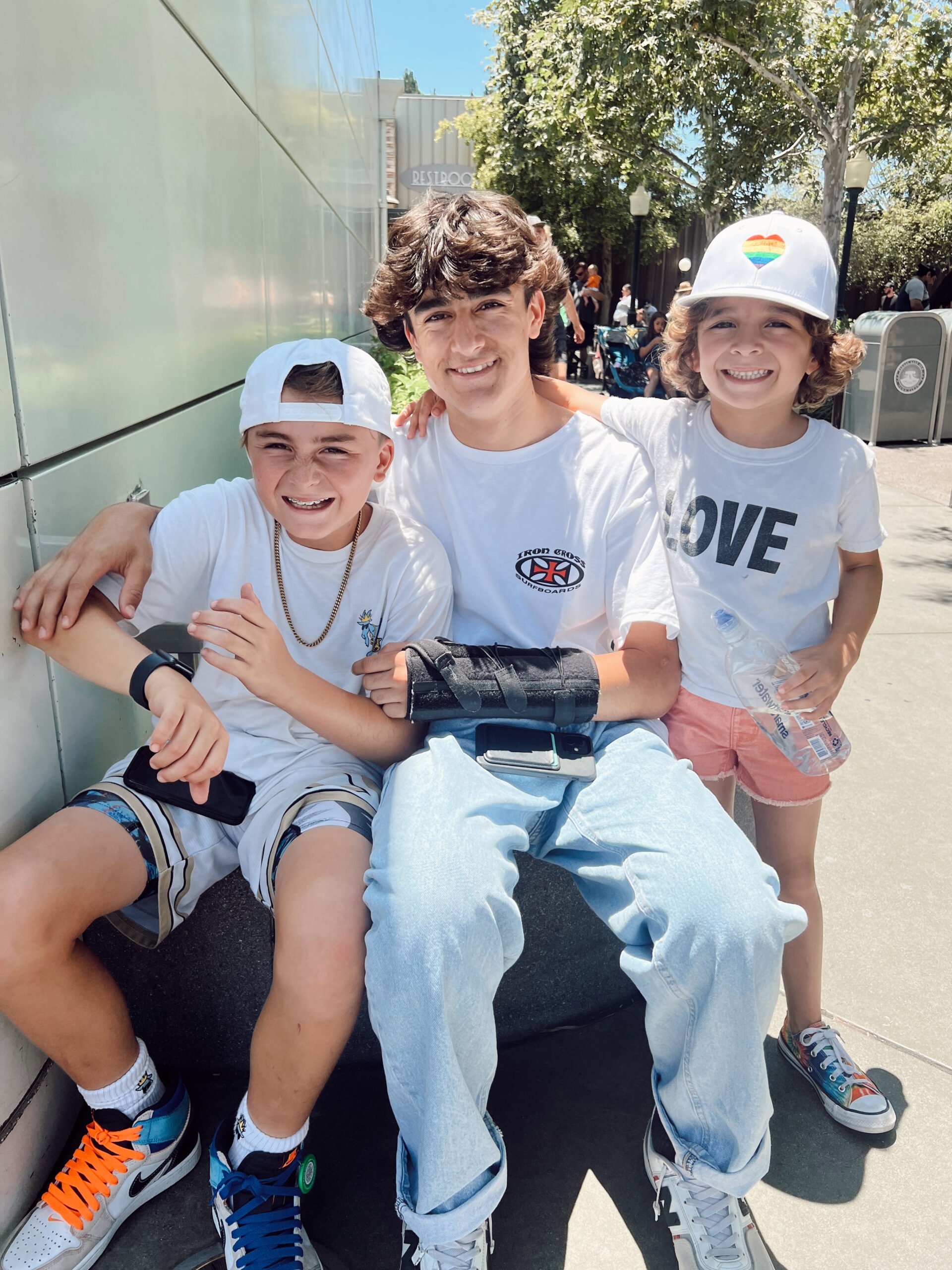

Enjoy Some Self-Care
It’s so important to teach your kids healthy coping mechanisms. Talk to them about how to express their emotions in a positive or healthy way. Or better yet, show them. Take some time for self-care so they can see that a healthy way to end a stressful day is a bubble bath, a book, or a bike ride. And drinking alcohol, if you choose to drink, should be done with respect and care—not in response to a rough day.
More than conversations, kids learn by example, and if they see that you cope with stress, disappointment, and loss in a healthy way, they will build those values too. As much as you can, be there every day for your children, for your family, and take care of yourself so you can take care of them. And one day, they’ll follow your example.
Have you listened to my podcast? Check out The Mom Confidential!
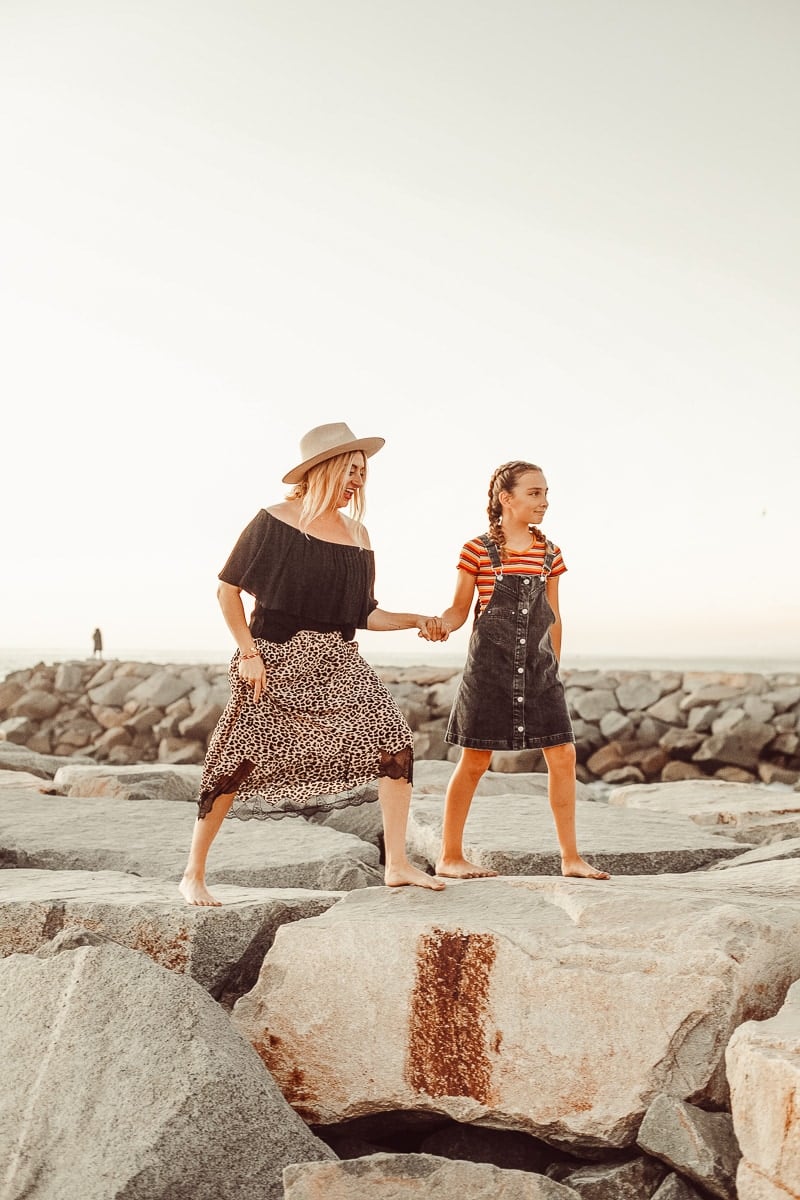
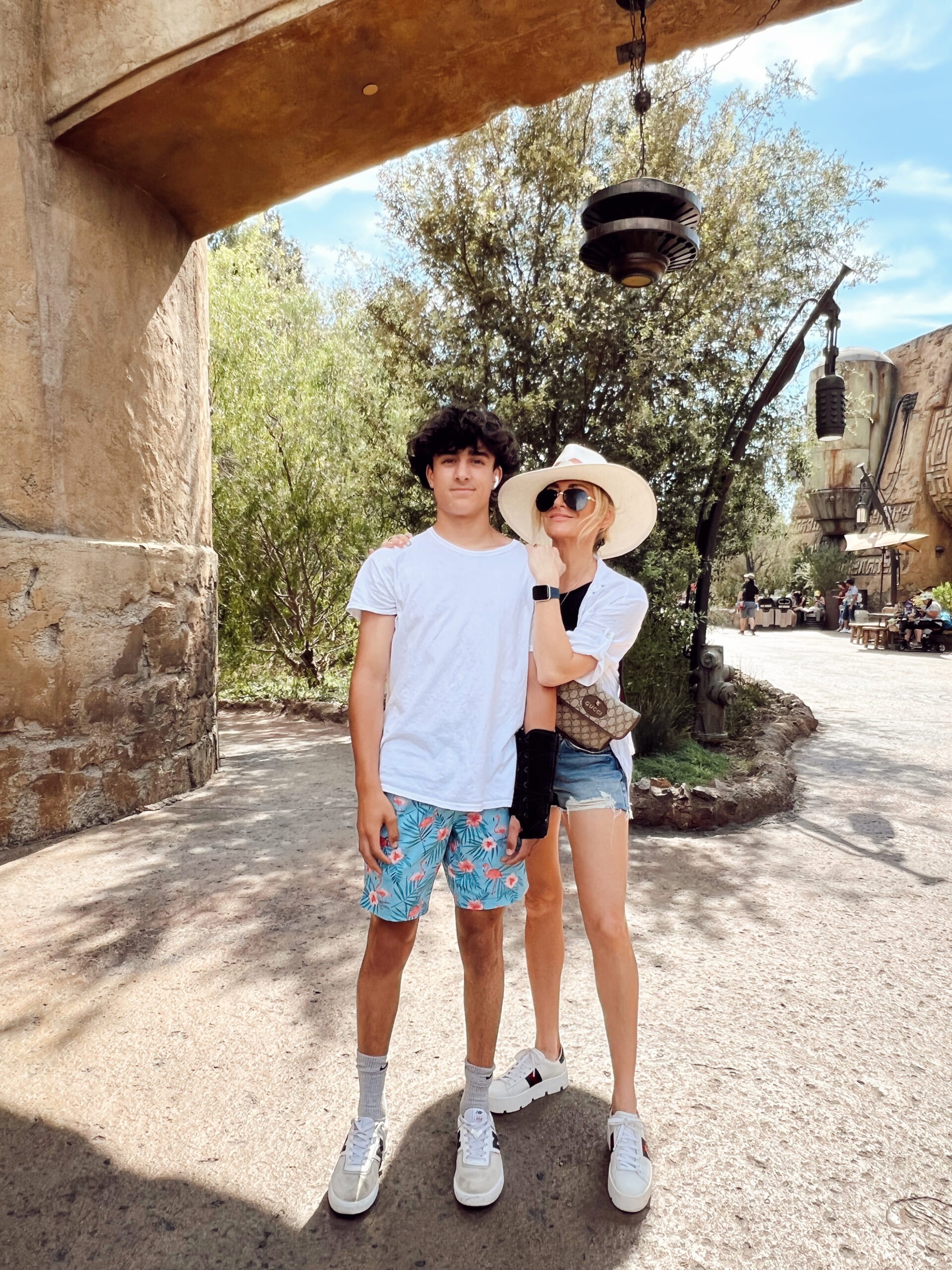
How To Make It Easier
No parent wants to think that their baby will be pressured to drink underage. But it’s on us as parents to make sure they know that they can come to us if it happens or are prepared to say “no” with confidence! We need to have these conversations!
If you need help having a conversation with your kids or just don’t know where to start, check out Responsibility.org which offers great info on talking to kids as young as six years old all the way through the college. Parents with kids in the 9-13 age range, make sure to check out Responsibility.org’s underage drinking prevention program called Ask, Listen, Learn.
Drunk driving fatalities have decreased by 34 percent since 1991. Lifetime alcohol consumption among our nation’s youth has decreased 48 percent.
